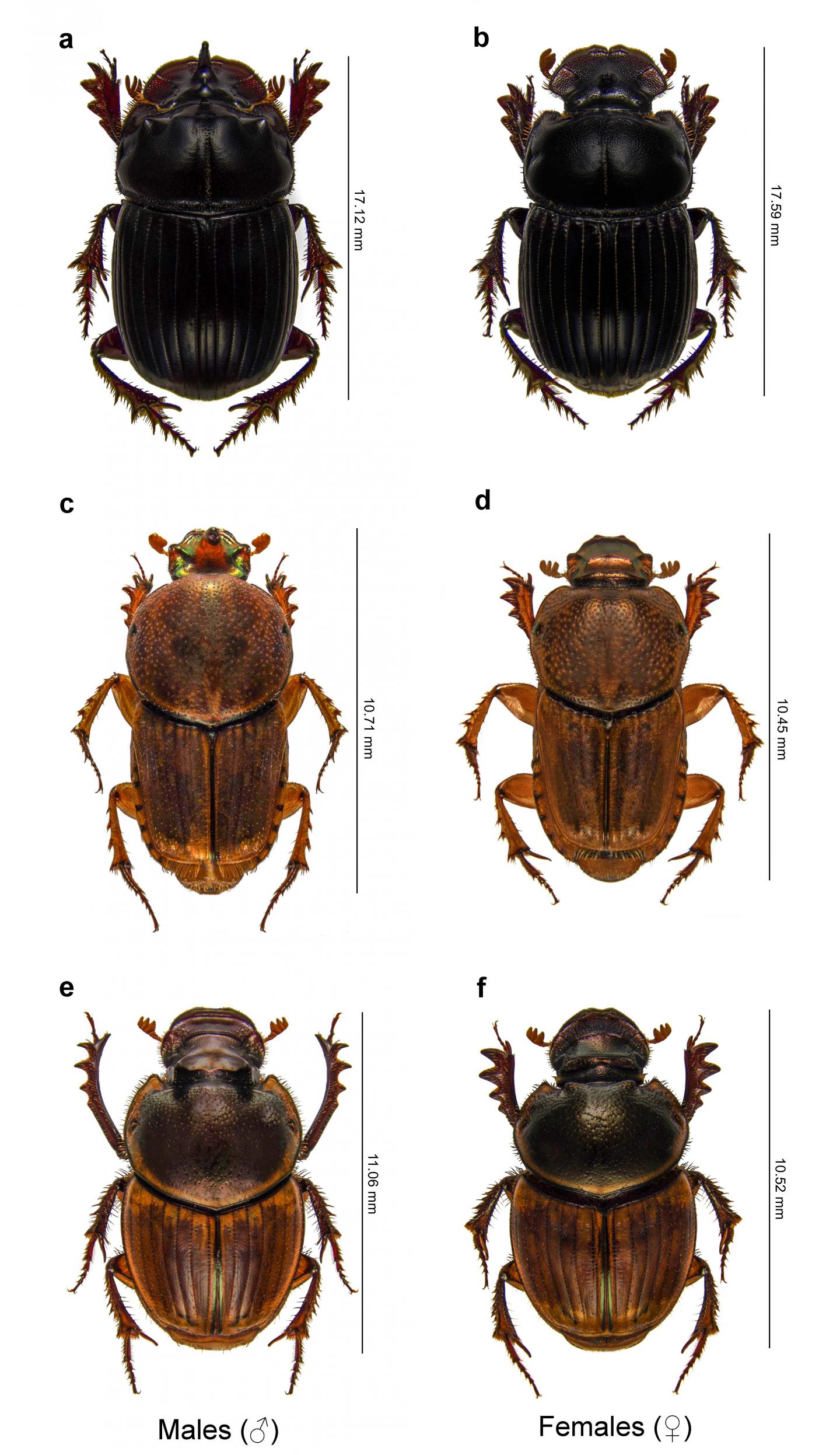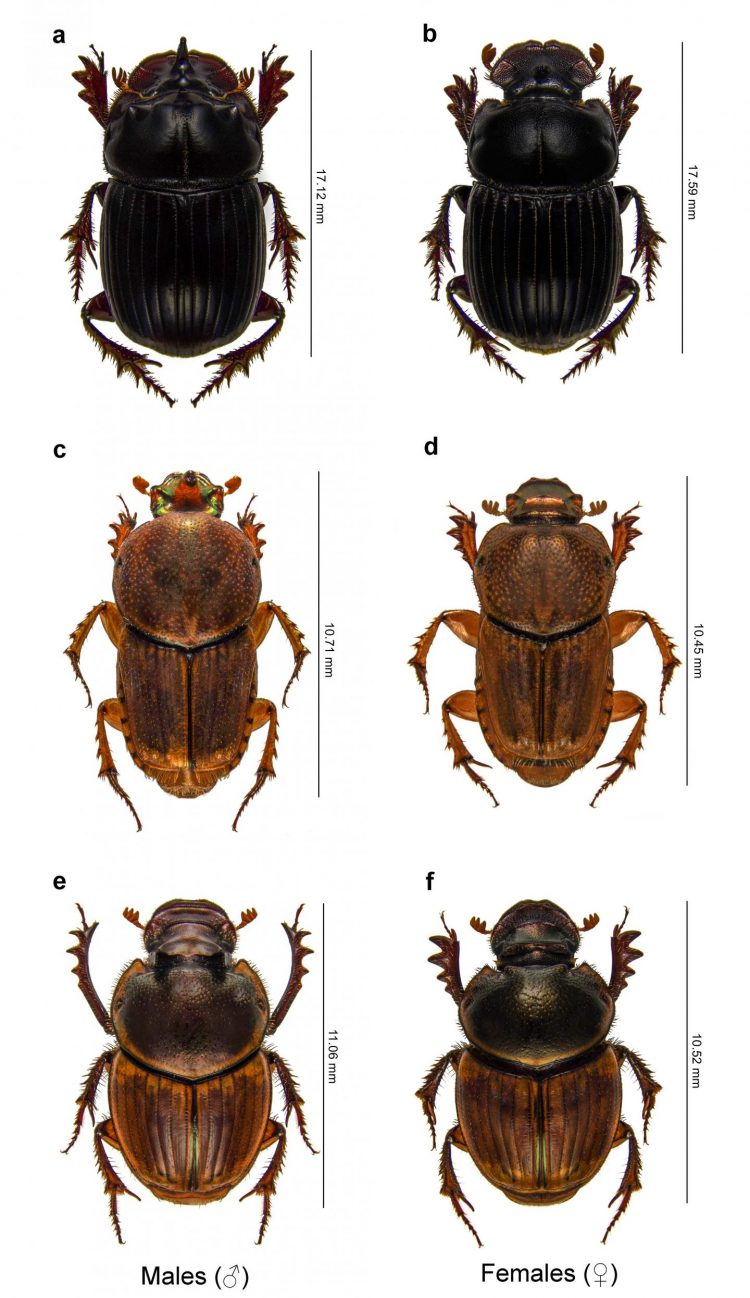
Credit: Daniel González-Tokman
You mightn’t think that the life of a dung beetle, a creature who eats poop every day of its short life, could get any worse, but you’d be wrong. Dung beetles, also known as rollers, pretty much live in manure. They can be found in a variety of environments-deserts, prairies, forests-and they subsist on poop. Dung beetles provide a highly useful service to the environment and to us. How? By simply living their lives, these valuable insects conduct “ecosystem services” that are important to agriculture, such as redistributing nutrients in the soil, controlling pests and reducing greenhouse gasses. Yet, dung beetles are one of the most threatened terrestrial animal species; and one of the main threats is the excessive use of veterinary medical products that are excreted in dung.
In an article recently published in Environmental Toxicology and Chemistry, lead author Daniel González-Tokman and his colleagues from the Institute of Ecology and the National Autonomous University of Mexico provided “the first evidence under natural conditions that native and exotic species of dung beetles are highly sensitive to different types of livestock management.” The researchers showed that veterinary medications and herbicides used in intensive animal feeding facilities can alter the growth and development patterns of dung beetles, which can then reduce their ability to function and do good. The beetles’ physiological responses to the chemicals were sex- and species-specific and contingent on both the type of livestock management used and the density of the cattle.
González-Tokman notes that studies such as these can help researchers “understand the underlying mechanisms of species decline in nature and enrich the strategies of livestock management with benefits for grassland ecological health.”
If you are what you eat, it’s a bad day for dung beetles living in or near intensive animal feeding facilities. Shrinking dung beetle populations mean steeper environmental and financial costs in agricultural regions, and that means it’s a bad day for all of us, too.
###
Media Contact
Jen Lynch
[email protected]
Related Journal Article
http://dx.





